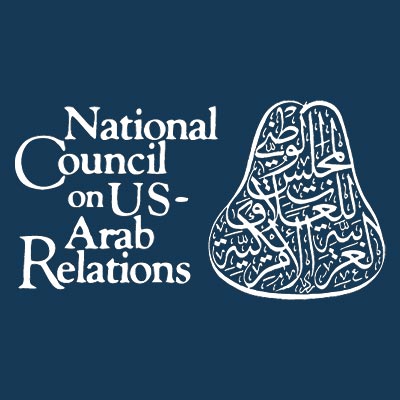Moody’s downgrades subordinated debt ratings of 12 GCC banks
Source: The Peninsula (Read full story)
Moody’s Investors Service yesterday downgraded the subordinated debt ratings of 12 banks in the Gulf Cooperation Council (GCC) countries, including Qatar.The affected banks in Qatar are Commercial Bank of Qatar, Doha Bank QSC, Qatar National Bank and the UAE-based Mashreqbank PSC. The other GCC banks are Arab National Bank, Banque Saudi Fransi, Abu Dhabi Commercial Bank PJSC, Emirates NBD PJSC, First Gulf Bank, Burgan Bank SAK, Bank Muscat SAOG and BBK BSC. Moody’s downgrading of the subordinated debt ratings of the banks (by one to three notches) reflect the heightened risk of the imposition of losses on these instruments.
…
Security to be stepped up after attack
Source: Gulf Daily News (Read full story)
Interior Minister Lieutenant-General Shaikh Rashid bin Abdulla Al Khalifa yesterday reviewed security procedures with officials of the ministry and police directorates following Wednesday’s car blast outside a mosque in West Riffa. The minister was briefed on security and legal measures taken to identify those behind the terror attack, arrest and bring them to justice. He also listened to a technical report on how the explosion occurred in front of the popular Shaikh Isa bin Salman Mosque – with initial information suggesting that the blast was caused in the same way explosions had taken place earlier in other areas, through the use of two gas cylinders connected to an electric circuit.
…
Etihad Airways working towards Jet deal deadline
Source: Khaleej Times (Read full story)
Etihad Airways is working towards meeting a July 31 deadline to win regulatory approvals on its planned $379 million purchase of a stake in India’s Jet Airways, the Abu Dhabi-based carrier said on Wednesday. Etihad, which is on an acquisition drive, agreed in April to buy a 24 per cent stake in Jet in a deal that would provide India’s largest carrier with a deep-pocketed global partner as well as cash to help pay off debts. “Both parties are working towards achieving the regulatory approvals before the long-stop date… stipulated in the agreement. We are not in a position to comment further at this time,” Etihad said in an emailed statement on Wednesday.
…
Kuwait spending may fall 1bn dinar
Source: Arab News (Read full story)
Kuwait expects to spend around 1 billion dinars ($3.5 billion) less in the 2013/14 fiscal year, according to the state budget published by the Ministry of Finance despite the major oil producer forecasting higher revenue. Kuwait hiked state spending by 13 percent in the last fiscal year. However, since then, the International Monetary Fund warned Kuwait risks exhausting all of its oil savings by 2017 if it keeps spending money at the current rate.
…
Saudi but stateless
Source: Saudi Gazette (Read full story)
Born of tribal origin in Saudi Arabia, stateless people known as bidoons live on society’s margins, unable even to register marriages or open a bank account because they lack identification cards. “Our life is frozen, suspended. We don’t have access to services or medical care,” complained Abu Ibrahim, 50, as he sat on a floor covered with a modest carpet, an old air conditioner humming in the background. Traditionally, the nomadic tribes roamed the Arabian desert, but when Arab states were formed in the last century, newly established borders limited them to their respective countries.
…
GCC eyes Arabian Sea for safe water
Source: Gulf Times (Read full story)
Gulf Co-operation Council countries (GCC) are planning a joint water supply system that takes seawater from outside the Gulf and distributes drinkable water across member states, an official at the GCC Secretariat General said. Scarce fresh water supply is the biggest challenge for Gulf Arab desert countries, forcing them to build energy-intensive seawater desalination plants to meet rising demand. Saudi Arabia is building the world’s largest desalination plant in Ras al-Khair on the Gulf coast, but the GCC is increasingly concerned that the waters of the Gulf may become undrinkable if there are any leaks from energy installations into the water lying between the Arabian Peninsula and Iran.
…

